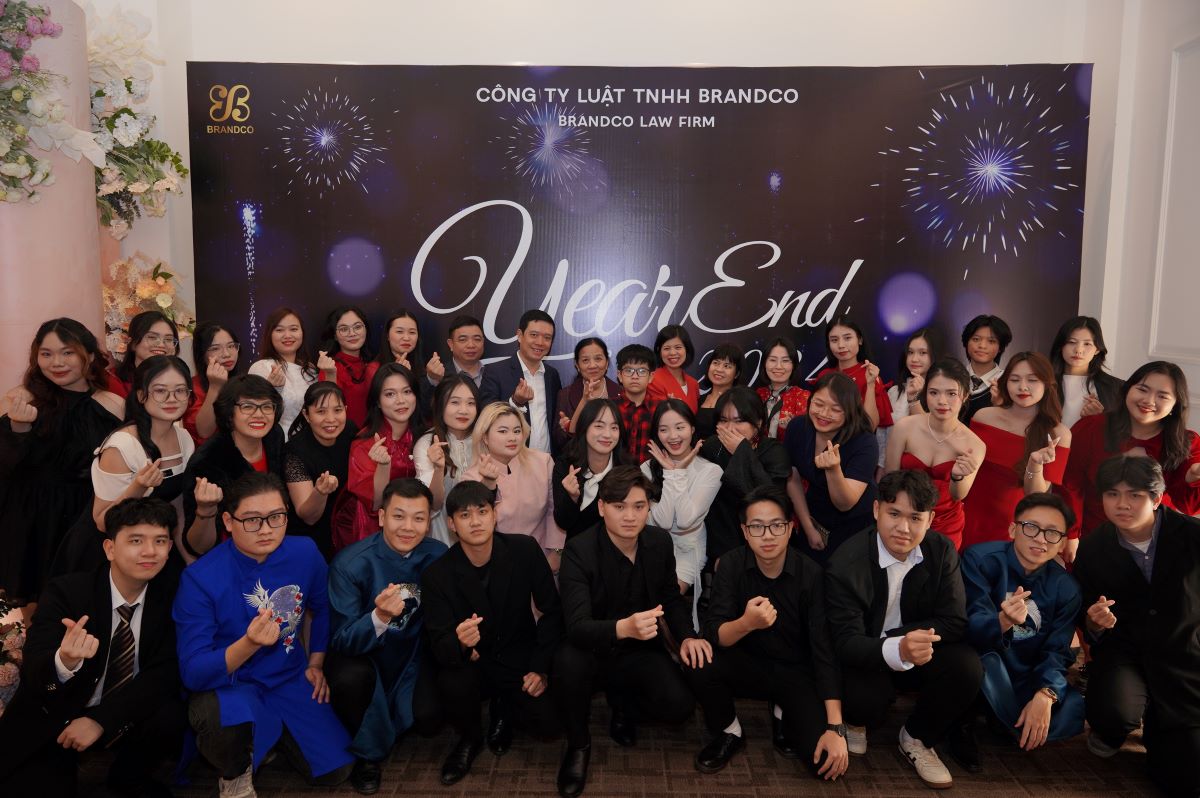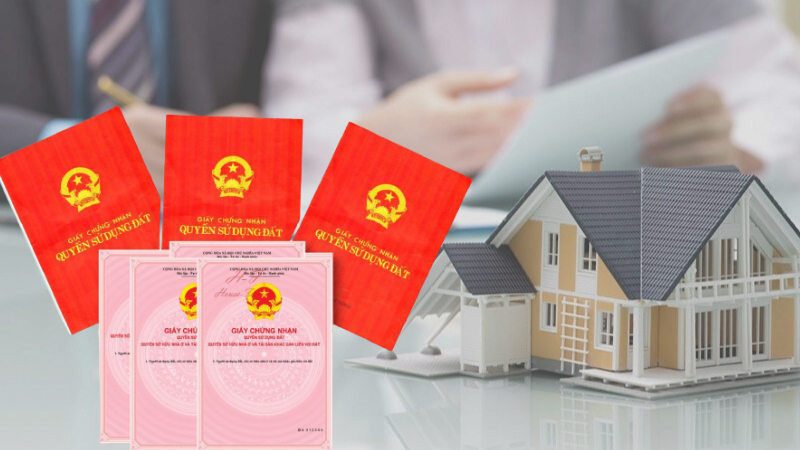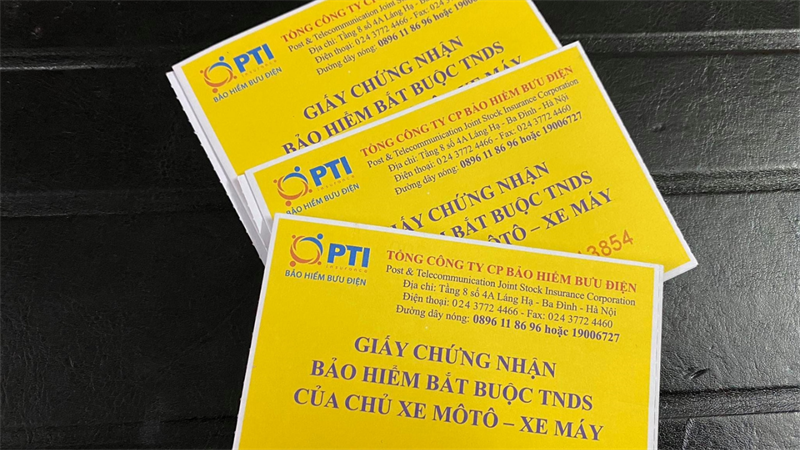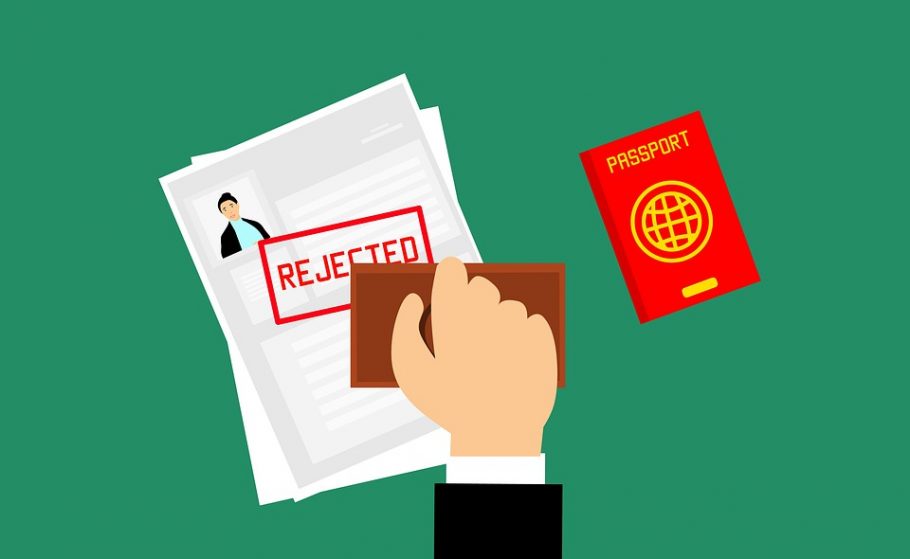Some issues regarding dispute resolution by commercial arbitration through the VIAC's Arbitration Rules
Commercial arbitration is a method increasingly used by businesses to resolve commercial disputes. Compared to court litigation, arbitration proceedings have many differences, moreover, each arbitration center has its own procedural rules. Therefore, comparing commercial arbitration and court dispute resolution methods will provide an easier approach to the specific advantages and disadvantages of this dispute resolution method. Through a specific review of the arbitration rules of the Vietnam International Arbitration Center (VIAC) - a prestigious and well-known arbitration center in Vietnam, Brandco Law Firm wishes to provide notes and recommendations for businesses and individuals when participating in commercial dispute resolution at the arbitration center, especially at VIAC.
1. Some differences between commercial arbitration and court litigation
Commercial arbitration and court litigation are both dispute resolution methods applied in commercial business. Whichever method is chosen, the parties' agreements before and during the dispute resolution process will be respected by the dispute resolution body within a certain scope, and the final decision affecting the rights and interests of the parties is made on the basis of ensuring the independence of the adjudicator.
However, there are many differences between commercial arbitration and court litigation, creating specific characteristics and advantages and disadvantages of each method. Specifically:
Firstly, regarding the scope of dispute resolution: If the People's Court has the authority to resolve all disputes arising in society, from commercial business to land, marriage and family, other civil disputes, the jurisdiction of commercial arbitration is specifically limited in Article 2 of the Law on Commercial Arbitration 2010, including: (1) Disputes between parties arising from commercial activities; (2) disputes arising between parties, in which at least one party has commercial activities; (3) other disputes between the parties that the law stipulates are resolved by arbitration.
Secondly, regarding procedures: The arbitration procedure complies with the provisions of the Law on Commercial Arbitration and is developed and promulgated by the Arbitration Centers themselves. Meanwhile, the litigation procedure at the People's Court complies with the provisions of the current Civil Procedure Code. Examining the Rules of the Arbitration Centers, it is easy to see that the litigation procedures at the Arbitration Centers are simpler, more convenient, and more flexible than litigation at the Court. This will be analyzed more specifically in Part II, when referring to the rules of VIAC.
Thirdly, regarding the validity of the award: The legally effective judgments and decisions of the Court carry the power of the State and are guaranteed to be enforced by the judgment enforcement agency. However, court litigation, in principle, goes through many levels of trial, therefore, the judgment issued by the first instance court does not take effect immediately, but may be appealed by the parties or protested by competent agencies/individuals. Meanwhile, the Arbitral Award is final. Lawsuits requesting the annulment of an arbitral award are only carried out when it falls into one of the cases specified in Clause 2, Article 68 of the Law on Commercial Arbitration 2010, including: (1) There is no arbitration agreement or the agreement is invalid; (2) The composition of the Council, the arbitration procedure is not in accordance with the agreement of the parties or contrary to the law; (3) The dispute is not under the jurisdiction of the Council; (4) The award contains content not under the jurisdiction of the Council; (5) The evidence used by the Council as a basis for making the award is forged; (6) The arbitrator receives money, property or other material benefits from one of the disputing parties, affecting the objectivity and fairness of the award; (7) The award is contrary to the basic principles of Vietnamese law.
Fourthly, regarding ensuring confidentiality of information: The trial in commercial arbitration is guaranteed to be confidential, the participants include only the arbitral tribunal, the plaintiff, the defendant and other components permitted by the arbitral tribunal such as witnesses, appraisers, experts... Those not involved in the dispute resolution are not allowed to participate or be present at the dispute resolution session. Meanwhile, the trial sessions for dispute resolution at the Court are held publicly, anyone can review and follow the entire process of questioning, arguing of the parties, as well as the pronouncement of the Trial Panel.
Thus, with the basic comparisons mentioned above, it can be seen the advantages of choosing the commercial arbitration dispute resolution method compared to the Court are:
- Simpler and faster procedures, helping the parties to be proactive in terms of time and place of trial.
- Not going through many levels of trial, reducing the costs of time, effort and money for businesses.
- Ensuring business secrets, protecting the reputation of the business in the market.
However, a barrier is also a disadvantage of the commercial arbitration method compared to the Court, which is the issue of cost. The cost of participating in arbitration proceedings is often much higher than that of the Court.
In addition, due to not having the power of a competent State agency, during the resolution process, the Arbitrator may encounter many difficulties in verifying and collecting evidence, summoning witnesses, etc.
Finally, the arbitral award may be requested by the parties to be reviewed by the Court and may be annulled when it falls into one of the cases specified in Clause 2, Article 68 of the Law on Commercial Arbitration 2010.
Chắc chắn rồi, đây là bản dịch tiếng Anh của đoạn văn bạn đã cung cấp:
2. Some noteworthy issues in dispute resolution by arbitration at the Vietnam International Arbitration Center (VIAC)
The current Arbitration Procedure Rules of the Vietnam International Arbitration Center (hereinafter referred to as the "Rules") took effect from March 1, 2017 with 38 articles. According to these Rules, the main arbitration procedures include: (1) the plaintiff files a lawsuit; (2) the defendant submits a defense, counter-claim (if any); (3) the establishment of the Arbitral Tribunal; (4) the Arbitral Tribunal studies the case; (5) the hearing to resolve the dispute; (6) the announcement of the arbitral award. This process is very simple for the parties to grasp and access for implementation. However, in each rule, there are issues to be noted to ensure the rights of the parties during the dispute resolution process.
Firstly, regarding the sending of notices and documents: According to Clause 1, Article 3 of the Rules: "Notices and documents sent by one party to the Center must be sufficient in number for the Center to send one copy to each member of the Arbitral Tribunal, one copy to the other party and one copy for filing". Thus, the number of dossiers that the parties submit to the Arbitration Center needs at least 05 copies (except in the case of abbreviated procedures), not just a single copy as when submitting to the Court.
Secondly, regarding the filing of a lawsuit:
According to the provisions of Clause 2, Article 7 of the Rules, the petition must contain the following contents:
"a) Date, month, and year of making the Petition;
b) Name and address of the parties;
c) Summary of the content of the dispute;
d) Grounds for the lawsuit;
đ) Value of the dispute and other claims of the Plaintiff;
e) Name of the person selected by the Plaintiff as an Arbitrator or request the Center to appoint an Arbitrator in accordance with Clause 1, Article 12 or Article 13 of these Rules;
g) Signature of the legal representative or the authorized representative in case the Plaintiff is an organization; signature of the individual or the authorized representative in case the Plaintiff is an individual."
Compared with the provisions of Clause 4, Article 189 of the 2015 Civil Procedure Code, it can be seen that right from the Petition, according to the Rules, the plaintiff needs to clarify the grounds for the lawsuit (based on the provisions in the contract, exchange documents, practical implementation of the work, relevant legal provisions) - while the Petition submitted to the Court does not necessarily have to clarify this content. In addition, in the Petition, the plaintiff must determine the value of the dispute as a basis for calculating arbitration fees.
One issue that needs special attention is the amendment and supplementation of the petition/counter-claim. Clause 2, Article 14 of the Rules stipulates: "The parties may amend and supplement the Petition, Counter-claim, Defense and Defense against the Counter-claim before the time of the end of the final hearing to resolve the dispute". However, in fact, in the notices of the Arbitration Center sent to the parties regarding participation in the hearing, there is no content specifying "the final hearing". Determining when the final hearing is is entirely dependent on the progress of the case. Clause 4, Article 25 of the Rules stipulates: "At the dispute resolution hearing, if the Arbitral Tribunal finds that the parties no longer have any relevant documents or evidence to provide, the Arbitral Tribunal shall declare this dispute resolution hearing the final hearing". Therefore, the parties need to pay attention to correctly identifying the final hearing to protect their right to amend and supplement their requests.
Thirdly, regarding the selection of arbitrators and the arbitral tribunal: If in court litigation, the Trial Panel includes Judges and People's Assessors who are entirely assigned by the Chief Justice or other competent persons for each case, then with arbitration litigation, the right to choose the person to judge their case completely depends on the parties participating in the dispute resolution.
The right to choose an Arbitrator is exercised right from the time one party submits the Petition. This is also one of the mandatory contents in the Petition/Counter-claim. According to the provisions of Article 12 of the Rules, in the case of establishing an Arbitral Tribunal consisting of three Arbitrators, the plaintiff and the defendant each have the right to choose 01 Arbitrator, then the two selected Arbitrators will elect the third person as the Chairman of the Council. The choice of Arbitrator of one party must be respected and recognized by the other party and the Arbitration Center, except for the case where the selected Arbitrator falls into one of the cases specified in Clause 3, Article 16 of the Rules such as: being a relative or representative of one party; having related interests in the dispute; having clear grounds to show that the Arbitrator is not impartial, independent, objective; not meeting the specific standards agreed upon by the parties; not meeting the standards of Arbitrator as prescribed by law; has been a mediator, representative, lawyer of any party in the very dispute being brought for resolution at the Center, unless the parties have written consent. The right to choose an Arbitrator brings many benefits to the parties during the dispute resolution process, therefore, the parties need to fully exploit and take advantage of this right.
Fourthly, regarding the place and language of arbitration: According to the provisions of Articles 22 and 23 of the Rules, for cases with foreign elements, the place and language of arbitration are first agreed upon by the parties. This agreement can be formed before the dispute occurs, or it can be during the arbitration proceedings. In case there is no agreement, the Arbitral Tribunal shall decide the place of arbitration that the Arbitral Tribunal considers appropriate and decide the language or languages used in the arbitration proceedings, taking into account relevant factors including the language of the contract. Choosing a reasonable location and language will help the parties save a lot of time and effort.
Fifthly, regarding the dispute resolution hearing: As analyzed in Part I, the dispute resolution hearing between the parties will not be public, unless the parties have otherwise agreed (Clause 3, Article 25 of the Rules). In particular, "The Arbitral Tribunal may conduct the dispute resolution hearing by teleconference, video-conference or other appropriate forms if the parties so agree" (Clause 1, Article 25). This provision is extremely appropriate in the context of the Covid-19 pandemic, which is restricting travel at home and abroad, helping the dispute resolution process to proceed smoothly, not hindered by geographical reasons and other difficult circumstances; while saving costs for the parties in dispute resolution.
In addition, unlike the provisions in the 2015 Civil Procedure Code, where a party may be absent when the first trial hearing is held despite being duly summoned without affecting any rights, the Arbitration Procedure Rules do not allow the parties participating in the dispute resolution to be absent arbitrarily. According to the provisions of Article 27 of the Rules, if the plaintiff has been duly summoned but is absent without the approval of the Arbitral Tribunal, it is considered that the plaintiff has withdrawn the lawsuit, in this case the Arbitral Tribunal only continues to resolve the dispute when the defendant requests or has a Counter-claim. Conversely, if the defendant is duly summoned but is absent without the approval of the Arbitral Tribunal, the Arbitral Tribunal still continues to resolve the dispute based on the available documents and evidence. If the defendant has a Counter-claim but is absent, it is considered that the defendant has withdrawn the Counter-claim, the Arbitral Tribunal only continues to resolve the Counter-claim when the Plaintiff requests. In case of a valid reason, there must be a written notice to the Arbitral Tribunal and it is mandatory to submit accompanying evidence. The above provision helps the arbitration procedure to take place faster, limiting the intentional prolongation of time by the parties participating in the dispute resolution.
3. Some general recommendations for organizations/individuals when participating in dispute resolution by arbitration
Based on the analysis of the advantages and disadvantages of the commercial arbitration dispute resolution method and the specific review of VIAC's procedural rules, Brandco offers some recommendations for organizations and individuals when participating in dispute resolution by commercial arbitration as follows:
Firstly, regarding the arbitration agreement: For the case to be resolved quickly by an arbitration center, first of all, right from the process of negotiating and concluding the contract, the parties need to establish an arbitration clause. The arbitration clause should be specific and clear, avoiding misunderstandings and avoiding cases where the agreement is invalidated according to the provisions of the Law on Commercial Arbitration and guiding documents for implementation.
The more detailed the arbitration agreement, the more time is saved for the parties in the subsequent resolution process, which can be detailed from the arbitration center, the standards of the arbitrator, the location of arbitration, the language of arbitration...
Secondly, regarding the selection of Arbitrators: Participating parties need to actively select Arbitrators, through carefully studying the nature of the dispute and related issues such as the language of arbitration, applicable law to choose a suitable Arbitrator, paying special attention to the issue of professional expertise, place of residence, and foreign language ability of the Arbitrator. When a suitable Arbitrator has been selected, it is possible to proactively contact the Arbitrator in advance, to prevent the case where the Arbitrator, for personal reasons or has been and is participating in resolving too many other cases, cannot participate in this case, leading to passivity in choosing an Arbitrator in the later stage.
Thirdly, regarding the preparation of costs to participate in arbitration proceedings: The parties can refer to the initial costs according to the formula publicly posted on the website of the Arbitration Centers. However, note that, in addition to the costs according to the value of the dispute that has been determined at the time of filing the Petition/Counter-claim, during the dispute resolution process, there are also costs related to travel, accommodation of the Arbitrators, appraisal costs, expert consultation costs... If the party requests, is assigned by the Arbitral Tribunal to pay the costs but does not have enough financial capacity to pay within the required time limit, the case may be suspended from resolution. Therefore, the advice for the parties when participating in arbitration proceedings is to always anticipate the costs that may arise and be prepared for these expenses.
Fourthly, regarding attending dispute resolution hearings: When using the arbitration method, the parties need to attend the hearings fully, because from the first absence without a valid reason, the rights of the parties will be seriously affected. In case of a valid reason that cannot attend the hearing, the parties need to collect sufficient objective evidence to prove, such as emergency records at the hospital... to submit to the Arbitral Tribunal. In case although it is a valid reason but cannot be proven, the parties can authorize others to attend the hearing on their behalf.
With outstanding advantages, especially in resolving international commercial disputes, Commercial Arbitration is increasingly being chosen by organizations and businesses more right from the process of negotiation and conclusion of transaction contracts. Brandco hopes that, with the analysis and recommendations mentioned above, it will help organizations/individuals better understand this dispute resolution method, proactively take advantage of all the flexible factors, beneficial points, to optimize costs and time, effort, and best protect their legitimate rights and interests in disputes.
Author: Legal Service Department - Brandco Law Firm













